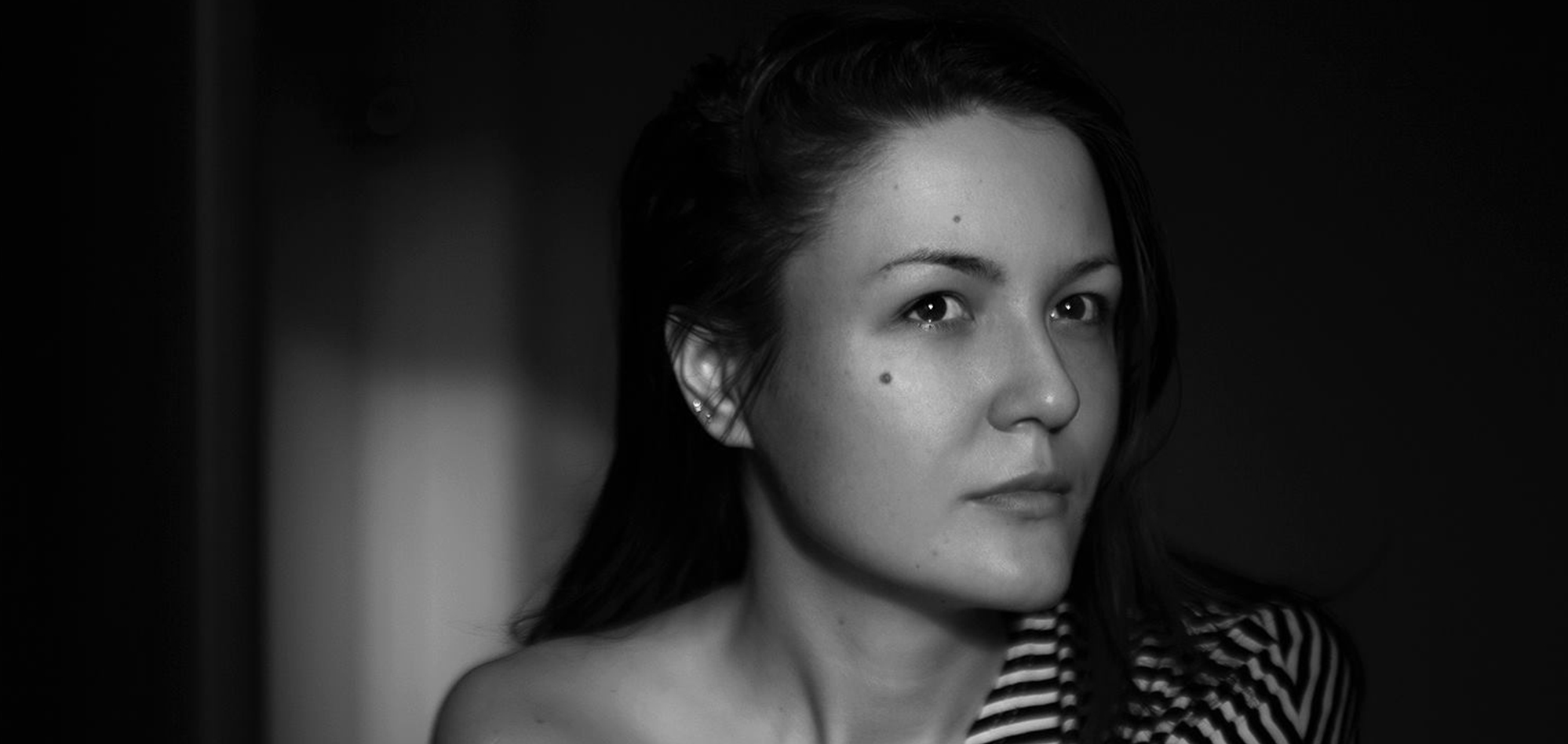B. Monét is a writer/director holding an MFA from New York University. She was named the 2017 Horizon Award Winner at the Sundance Film Festival and won the #NewView Film Competition organized by Glamour & Girlgaze. Among her accolades, she made History as the first black woman to direct a Cadillac commercial.
Within the framework of this year’s 16 DAYS 16 FILMS initiative created by Modern Films and the Kering Foundation, a short film competition that platforms female filmmakers and their films, which explore, emote, and educate on forms of violence against women, Tara Karajica talks to B. Monét about her short film, “Ballet After Dark,” as well as her thoughts on the short form, women in film today and what she is up to next.
How did you get into filmmaking and what inspires you to make films?
B. Monét: I have been taking photos and writing stories for as long as I could remember. For the longest time, I wanted to be a journalist. I’ve always loved documenting stories that inspire and intrigue me. During my junior semester in college, I studied abroad in Italy and my creative professor expressed that I should consider pursuing film after reading short stories I had written. With much consideration, I decided to pursue film and have not looked back. For me, it’s extremely important to forward the stories of oftentimes forgotten individuals by society. Those are the people I write and direct films about, because I see them in all their complexity and richness. My tool has always been to allow the camera to honor my subjects with all of their humanity.
Can you talk about your short film Ballet After Dark?
B.M.: Ballet After Dark tells the story of a young woman who was horrifically raped one night in Baltimore. She tells the story of finding herself after trauma and helping other survivors seek healing as well. This film is about showing a black woman find herself despite experiencing pain.
How do you see the short form today?
B.M.: The short form is still a great format for a filmmaker to tell a story in a clear and concise way. Personally, I believe a filmmaker should always be creating all the time.
What is your opinion on the situation of women in film today?
B.M.: Personally, it’s a sad reality not seeing many women in film today. It’s also very discouraging not seeing many women in positions of leadership in film and television. It’s still very much a man’s world in this regard. However, I do believe there is a push to give more women opportunities today. However, I’m not a big fan of lip service. Until women are given the same jobs as men in film and television, there will continue to be an unfair system that places women at the bottom. For me, the world I live in is black, women and men of color, Latinx, Asian, international, straight, queer, trans and I have always made it a point to hire, help and mentor individuals who are not always given a seat at the table. For me, we have always been so deserving of those opportunities even if we have to create them ourselves.
Who is your favorite female filmmaker and what is your favorite film by a female filmmaker?
B.M.: Andrea Arnold is one of my favorite female filmmakers and I love Pariah by Dee Rees. Definitely a must see!
What are your next projects?
B.M.: I’m very excited to move into the longer form space and will be directing a feature film in the coming months. My hope is to direct more features and TV shows. I’m thrilled to expand the visual language as it pertains to people of color and our stories.
This interview was conducted within the framework of the 2020 16 DAYS 16 FILMS initiative created by the Kering Foundation and Modern Films.










